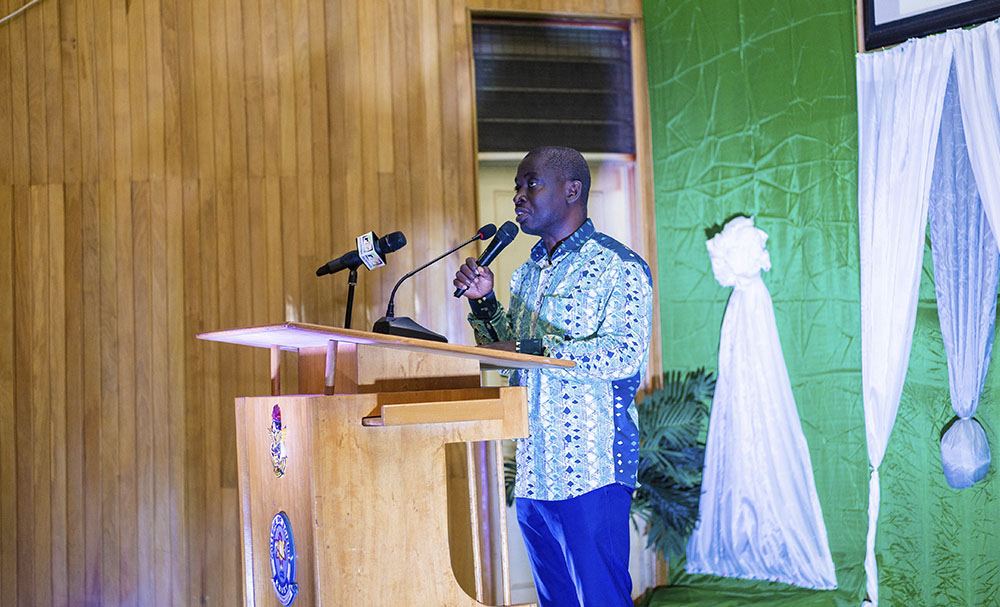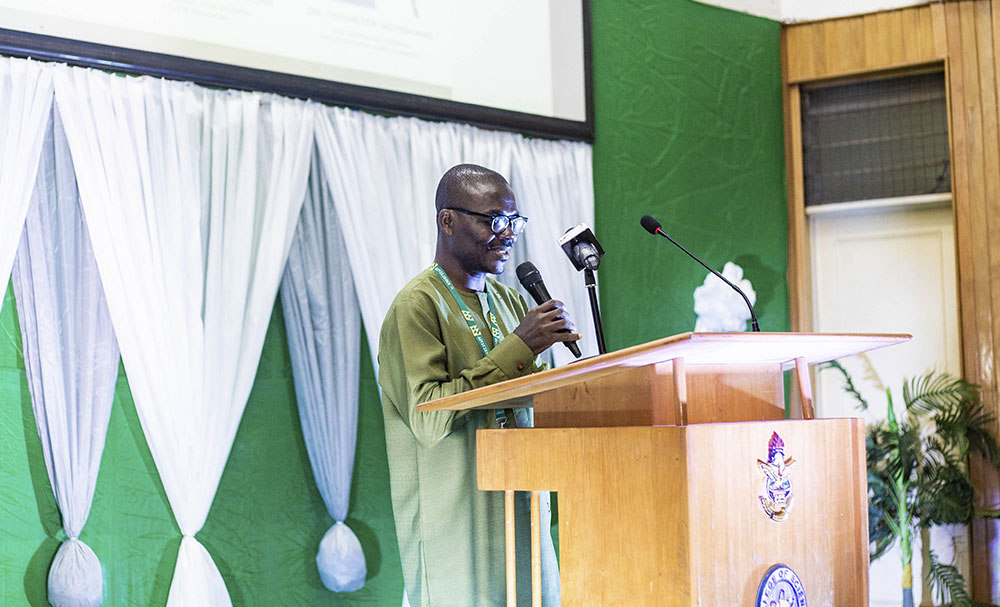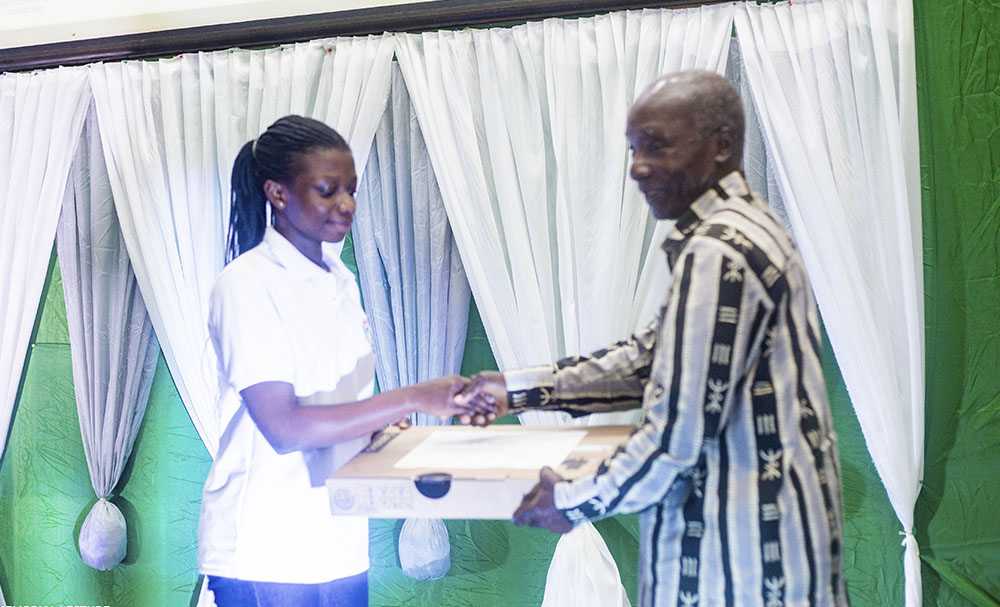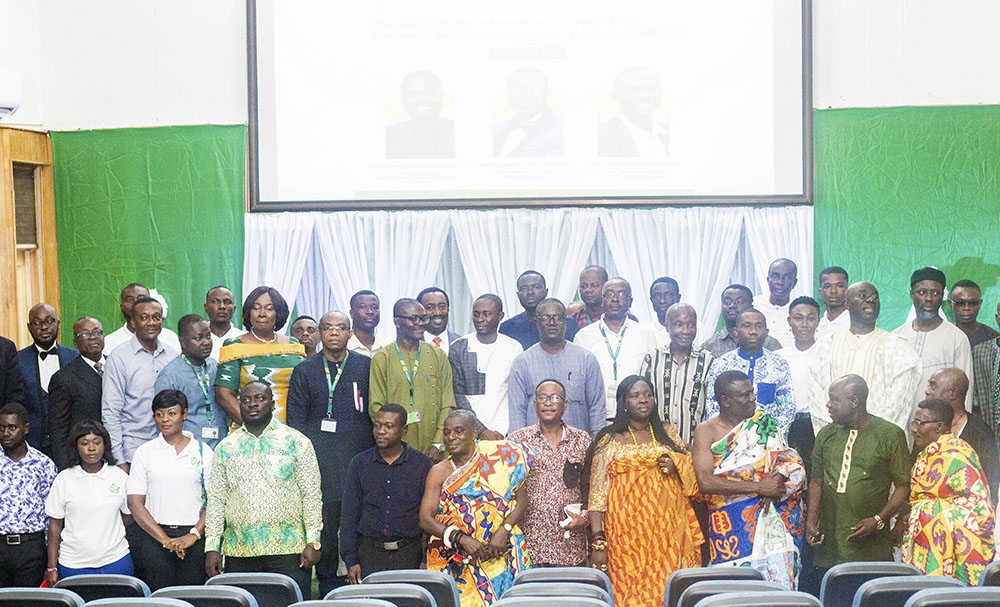The Department of Herbal Medicine of the Kwame Nkrumah University of Science and Technology (KNUST), Kumasi, has organised a symposium with the theme "The State of the Integration of Herbal and Orthodox Medicine in Ghana, the Role of KNUST".
The symposium, held at the Allotey Auditorium on August 19, 2022, was intended to initiate a discourse with stakeholders on the development of Traditional Medicine in Ghana and its integration into the national healthcare system.
The Dean of the Faculty of Pharmacy and Pharmaceutical Sciences, Professor Berko Panyin Anto, in his welcome address remarked that the symposium is symbolic since the department, the premier Herbal medical training centre will be celebrating its 11th year anniversary shortly. He also stated that the theme for the event was appropriate and would put into perspective the process of integrating the practice of herbal medicine into health care, as well as the accomplishments made over the years and the obstacles faced in present practice. The symposium, he added, will serve as a place for developing effective methods of aggregating the needs and outlining how the practice itself should look. In addition, he extended his gratitude to the pioneers of the Herbal Medicine Department for their contributions to the department's founding.

Dr. Mrs. Anastasia Yirenkyi, the Director for the Traditional and Alternative Medicine Directorate at the Ministry of Health, Ghana, indicated that Sustainable Development Goal 3, "Good Health and Well-Being," may be attained by integrating herbal medicine practice into the Ghanaian Health System. She also remarked that the fact that KNUST is the first college to produce exceptional medical herbalists is consistent with the overarching objective of preserving the discipline. She expressed optimism that the integration of herbal medicine is possible and that herbal medicines may one day be recognised as a legitimate source of healthcare in Ghana.
Head of the Department of Herbal Medicine, Professor Isaac Ayensu, highlighting the purpose of the symposium expressed that engaging stakeholders is essential to the teaching and practising of Herbal medicine. Professor Ayensu further disclosed that the department was founded with the purpose of educating students about herbal medicine, promoting research, and integrating herbal medicine into the healthcare system in Ghana.

In his presentation, Dr (MH) Ebenezer Agyemang, the Chief Executive Officer of Ebenage, described the significant advancements made in the quest to attain comprehensive integration of herbal practice into the Ghana health system. According to him, there are now more herbal units in hospitals than there were in the past, as well as a greater effect on the media and the public health sector. Additionally, the department has made significant contributions to national discourse as well as the field of health education.
Dr. Agyemang also outlined some of the impacts of alumni from the department of herbal medicine. “Medical herbalists contribute greatly to the private sector of the country. There are entrepreneurs from this department supporting the economy. Also, products from this department are contributing to the health sector and this is achieved through collaborative studies and research,” he stated.
Other speakers included Dr. Caleb Mawuli Agbale and Dr. Kwabena Safo, Kantanka Herbal Pharmaceuticals and Research Centre. There were representatives from the Ghana Federation of Traditional Medicine Practitioners Association (GHAFTRAM), Ghana Association of Medical Herbalists (GAMH), Traditional and Alternative Medicine Directorate (TAMD), and Traditional Medicine Practice Council ( TMPC).

Climaxing the event, the Department of Herbal Medicine rewarded Faustina Amankwaa as the best first-year student, Peter Tetteh as the most supportive student, and other major stakeholders in the Herbal Medicine industry.

